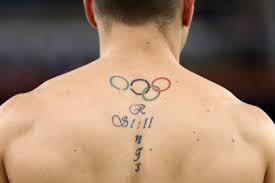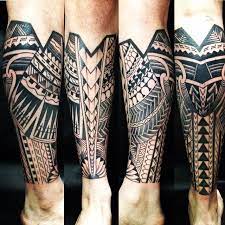
Reaching the Olympics has long been a goal of many athletes. When they achieve it, many Olympians mark their achievement by tattooing five interlocking Olympic rings on their bodies to celebrate the achievement.
The IOC is taking action against such practices; athletes with visible tattoos must now cover them up during competition.
The IOC’s rules on tattoos
At the Olympics and Paralympics, athletes cannot advertise corporate sponsors with Tattoos on their bodies; however, personal tattoos are permitted.
The IOC representative stated that they take a common sense approach and would permit athletes to have personal body art.
The IOC is considering amending its rules after British swimmer Josef Craig was disqualified from a Paralympic race for wearing his team logo on his chest in violation of IOC regulations against wearing symbols for events an athlete isn’t competing in.
The five-ring design
Many athletes view tattooing the five rings associated with the Olympic Games as an honor and a way of showing their pride in their sport.
Athletes often personalize the rings to make them unique, like adding Roman numerals or turning them into shooting stars.
Tattoo-covered athletes will not face disqualification at competition, as there are different rules for Olympic and Paralympic athletes.
The swimmers’ tattoos
Olympic Tattoos have become a trend among swimmers worldwide, often showcasing themes beyond the five rings.
Swimmers like Adam Peaty have aquatic-inspired tattoos, such as Poseidon with his trident or symbols representing their heritage.
Some swimmers also display tattoos of their national flag or other nationalities they identify with.
Other Olympians’ tattoos
Many Olympians have Tattoos celebrating their Olympic achievements.
The IOC permits personal Tattoos if they do not advertise products or companies.
Russian synchronized swimmer Anastasia Davydova’s butterfly-covered back does not violate Olympic regulations.
Paralympians face different rules, such as the restriction on selling the rights to their Olympic images.
Athletes have used Tattoos to commemorate their Olympic journey and express their individuality.

